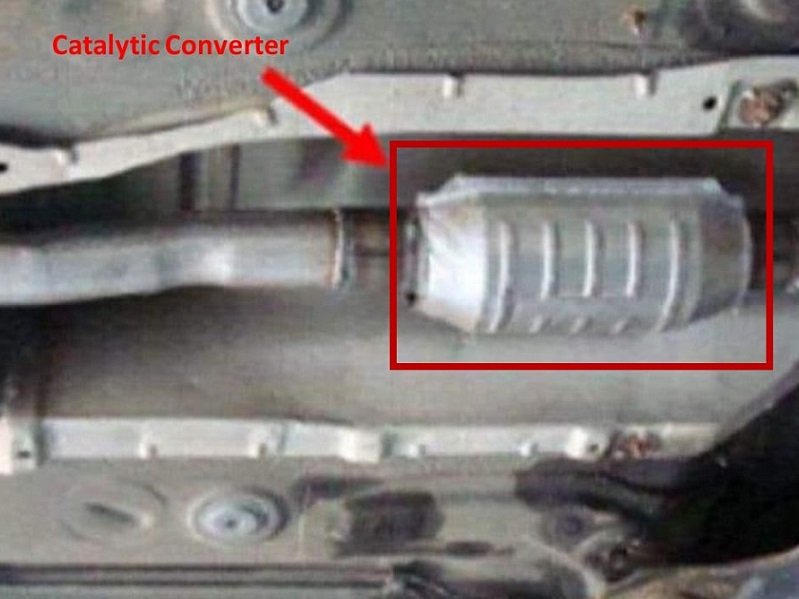NEW LAW COULD SLOW DOWN THEFTS AND RESALE OF CATALYTIC CONVERTERS

A new law set to go into effect July 1, 2021 through the Tennessee Department of Commerce & Insurance’s (TDCI) Division of Regulatory Boards should help slow down the theft and resale of catalytic converters across the state.
Catalytic converters are exhaust emission devices used to reduce the toxic gases and pollutants created by vehicles’ internal combustion engines. These devices contain precious metals that have drawn increased interest from thieves who aim to make a quick buck by cutting it off vehicles and then selling them for profits. Officials say thefts of converters climbed to 1,203 a month in 2020 compared to 282 a month in 2019.
To combat the rising numbers of catalytic converter thefts, TDCI’s Scrap Metal Registration Program announces the following new consumer law:
- Any person engaged in the business of buying and/or selling scrap metal including unattached catalytic converters as a single item and not as part of a scrapped motor vehicle shall give written notification to the chief of police and sheriff of each city and county in which the activity occurs.
- Any person purchasing a used, detached catalytic converter must be registered as a scrap metal dealer pursuant to § 62-9-102.
- Registration Program means providing either a state or federally issued photo identification card with an address and a thumbprint, submitting an application, paying the appropriate fee and meeting all requirements under the law.
- A scrap metal dealer shall not purchase or otherwise acquire a used, detached catalytic converter, or any nonferrous metal part of such converter unless:
-The used, detached catalytic converter is purchased at the fixed site of the scrap metal dealer in an in-person transaction; or
-The scrap metal dealer must maintain a fixed site; obtains, verifies and maintains all identification and documentation required by § 62-9-103 and § 62- 9-104; and obtains and maintains a copy of the seller’s license or a copy of the documentation and vehicle registration.
Violations can result in a Class A misdemeanor. Additionally, the seller of a detached, stolen catalytic converter is liable to the victim for the repair and replacement of the converter.

